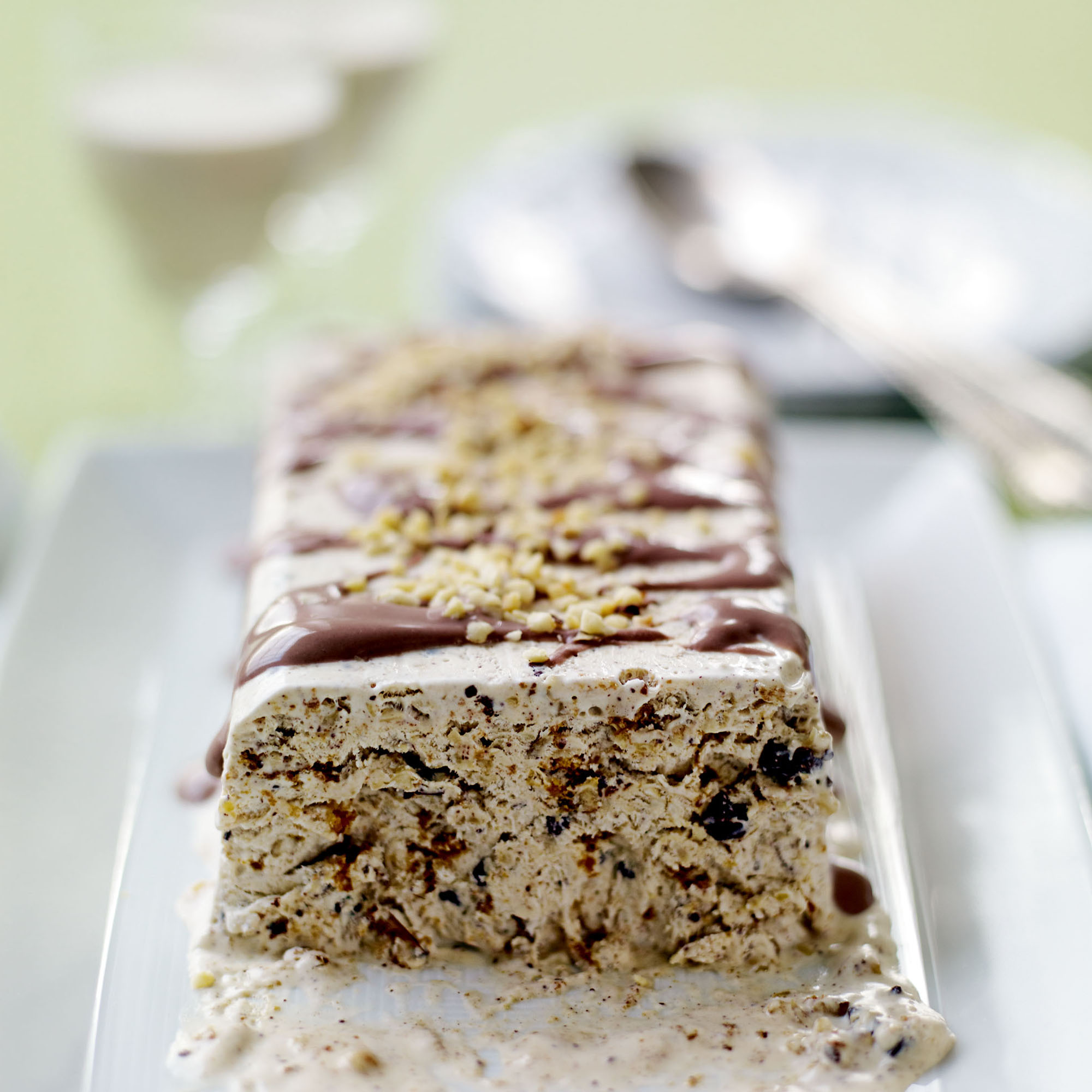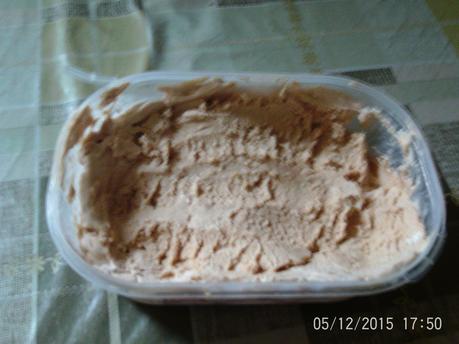sister herb
Official TTI Chef
Coffee is a brewed beverage prepared from the roasted or baked seeds of several species of an evergreen shrub of the genus Coffea. The two most common sources of coffee beans are the highly regarded Coffea arabica, and the "robusta" form of the hardier Coffea canephora. The latter is resistant to the coffee leaf rust (Hemileia vastatrix), but has a more bitter taste. Coffee plants are cultivated in more than 70 countries, primarily in equatorial Latin America, Southeast Asia, and Africa. Once ripe, coffee "berries" are picked, processed and dried to yield the seeds inside. The seeds are then roasted to varying degrees, depending on the desired flavor, before being ground and brewed to create coffee.
Coffee is slightly acidic (pH 5.0–5.1) and can have a stimulating effect on humans because of its caffeine content. It is one of the most popular drinks in the world. It can be prepared and presented in a variety of ways. The effect of coffee on human health has been a subject of many studies; however, results have varied in terms of coffee's relative benefit. The majority of recent research suggests that moderate coffee consumption is benign or mildly beneficial in healthy adults. However, the diterpenes in coffee may increase the risk of heart disease.
Coffee cultivation first took place in southern Arabia; the earliest credible evidence of coffee-drinking appears in the middle of the 15th century in the Sufi shrines of Yemen. In East Africa and Yemen, coffee was used in native religious ceremonies. As these ceremonies conflicted with the beliefs of the Christian church, the Ethiopian Church banned the secular consumption of coffee until the reign of Emperor Menelik II. The beverage was also banned in Ottoman Turkey during the 17th century for political reasons and was associated with rebellious political activities in Europe.
The first reference to coffee in the English language is in the form chaona, dated to 1598 and understood to be a misprint of chaoua (equivalent, in the orthography of the time, to chaova). This term and "coffee" both derive from the Ottoman Turkish kahve, possibly by way of the Italian caffè. This in turn derives from the Arabic qahwah ( قهوة). This is traditionally held to have originally referred to a type of wine, whose etymology is given by Arab lexicographers as deriving from the verb qahā (قها, "to lack hunger") in reference to the drink's reputation as an appetite suppressant. It is sometimes alternatively traced to the Arabic "quwwa" ("power, energy") or to Kaffa, a medieval kingdom in Ethiopia whence the plant was exported to Arabia. The name qahwah, however, is not used for the berry or plant (the products of the region), which are known in Arabic as bunn and Shoa as būn. Others with "equally little authority" even hold that the region was named after the drink.
More about coffee: http://en.wikipedia.org/wiki/Coffee
One more information: the country where people consume coffee the most per capita is... Finland (12 kg/year/person). By the way... I am from Finland.













